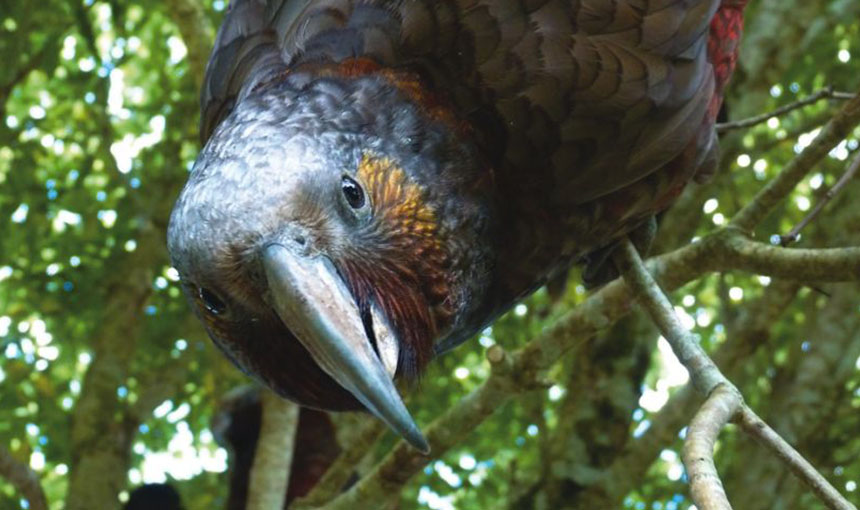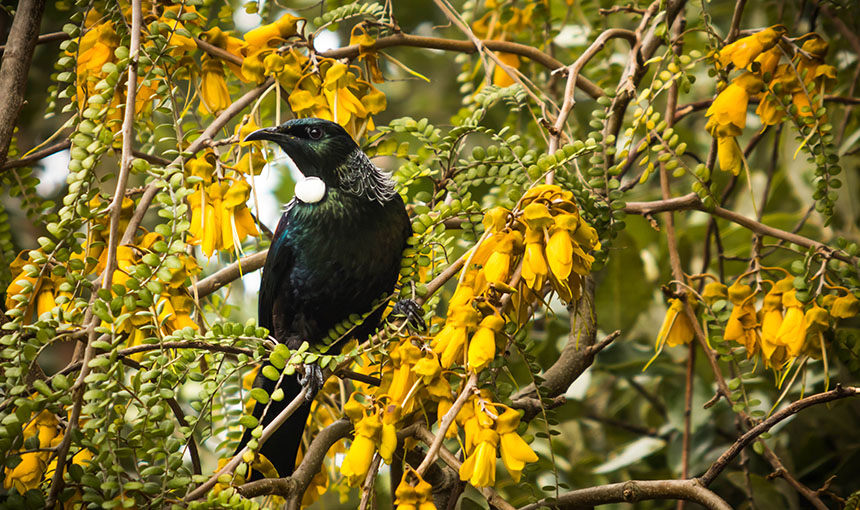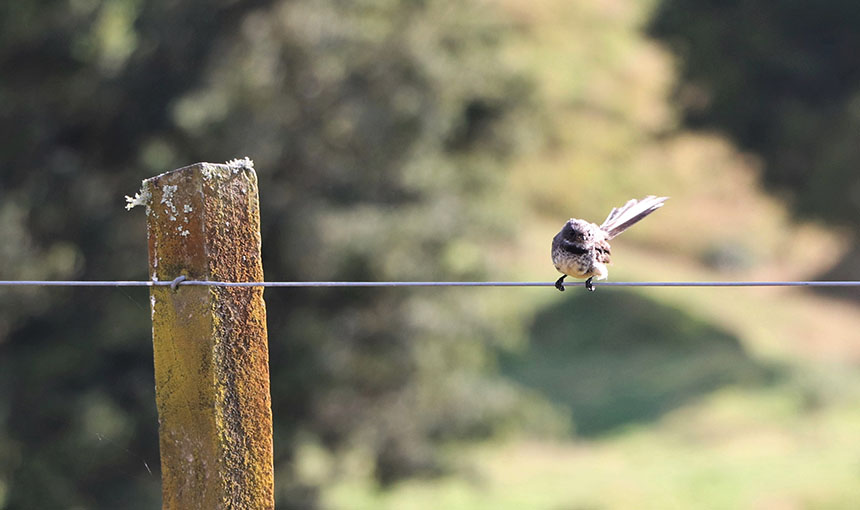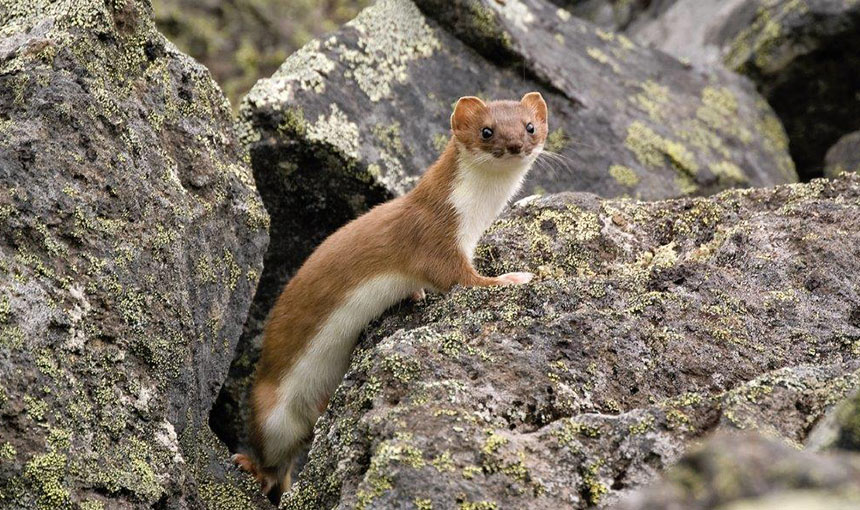Genetic and genomic technologies
One of BioHeritage’s big goals is to create better ways of protecting our natural, urban and productive environments from harmful organisms such as pests, weeds and pathogens. Investing in novel tools and technologies is one strategy being employed to achieve this goal.

While the BioHeritage Challenge does not invest directly in gene editing (GE) research, our investments in genetic and genomic technologies more broadly (for example eDNA and genome sequencing) aim to position New Zealand researchers for potential future involvement in synthetic biology research, including GE.
GE technologies may potentially be useful for the eradication of pests in New Zealand – pests that are devastating many of our precious native birds, bats and insects. However, a great deal of research and understanding, as well as public acceptance, is required before such technologies could be implemented.
To that end, we’ve focused primarily on exploring the social and bioethical issues surrounding GE, in order to understand concerns and the necessary safeguards/assurances should such technology ever be introduced as a tool to protect New Zealand’s environment. All of our research investments are done in partnership with Māori. We do not advocate for any particular genetic tool or technology. Our position is to investigate a range of options – including using GE in the future – in an evidence-based framework.
While BioHeritage formally includes 18 Challenge Parties, it is important to note that many of them may take different positions on research into such technologies. Our position solely reflects the BioHeritage Challenge – it is not necessarily indicative of the positions of other organisations. The scope of BioHeritage’s position is only in respect of protecting New Zealand’s environment from harmful organisms such as pests, weeds and pathogens. Genetic technologies have applications beyond this scope, and other Challenge Parties may have positions on these technologies both within and outside the scope of the BioHeritage Challenge position.
Read more about our views in Challenge Director Dr Andrea Byrom’s blog.

Via our Challenge Parties, we’ve invested in the following (non-GE) genetic and genomic research and partnerships. They will explore and inform options for controlling pests and protecting New Zealand, while keeping researchers connected to international developments in synthetic biology research:
Pest control technologies (wasps and small mammals)
- Sequencing the genomes of the common and German wasp in order to develop new genetic tools that could lead to the large-scale eradication of these pests. More info.
- Computer modelling gene drive spread and the biological efficacy of gene drive in wasps, in order to provide a balanced evaluation of the potential for a precision gene drive to eradicate wasps from New Zealand. No wasps are currently being genetically modified. Instead the team are seeking potential target genes in the native and introduced range of the wasps, and conducting computer simulations of spread using a spatial population model.
- Using genome mining (deriving information about an organism based on analysis of its genome) to identify potential target areas for alternative, non-GE pest control methods, for example, species selective toxins. More info.
- Collaborating with partners to sequence the genomes of possums, stoats and rats in order to develop new genetic tools that could lead to the large-scale eradication of these pests. More info.
Issues & Impacts
Social and ethical research
- One of the nation’s largest surveys on public attitudes toward new pest control technologies that showed most New Zealanders support the need for pest control. More info.
- Creation of a bioethics panel of experts who are assessing the social, cultural and ethical issues around the implementation of high-tech solutions to invasive mammal pest control. More info.
Our Values
All work co-ordinated by the BioHeritage Challenge is guided by an agreed set of values. The values that particularly align with our work in the genetic and genomic technologies space are mahi whaipainga, manaakitanga, whakapapa and mātauranga. We care about making a difference for Aotearoa, are striving to build trust, and recognise both interconnections and the value of blending traditional and modern knowledge.
Research Partners
Strategic Partners
Partnering with the Genetic Biocontrol of Invasive Rodents (GBIRd) consortium that – as of January 2019 – is focused on advancing gene drive research. This partnership has potential to scale-up efforts to protect island communities and prevent island species extinctions, and it may investigate other similar technologies in future.
The GBIRd partnership is in line with our International Investment Strategy by giving Challenge researchers the opportunity to collaborate with world leaders in genetic and genomic technologies for biocontrol of rodents.
The MOU underpinning GBIRd has the objective to, by 2020, develop a shared, and open-sourced knowledge base that has enabled a thorough and cautious assessment of the biological, ecological, technical, social, ethical, and regulatory suitability of using genetic biology to eradicate invasive mammals from a closed, isolated, oceanic island system.

